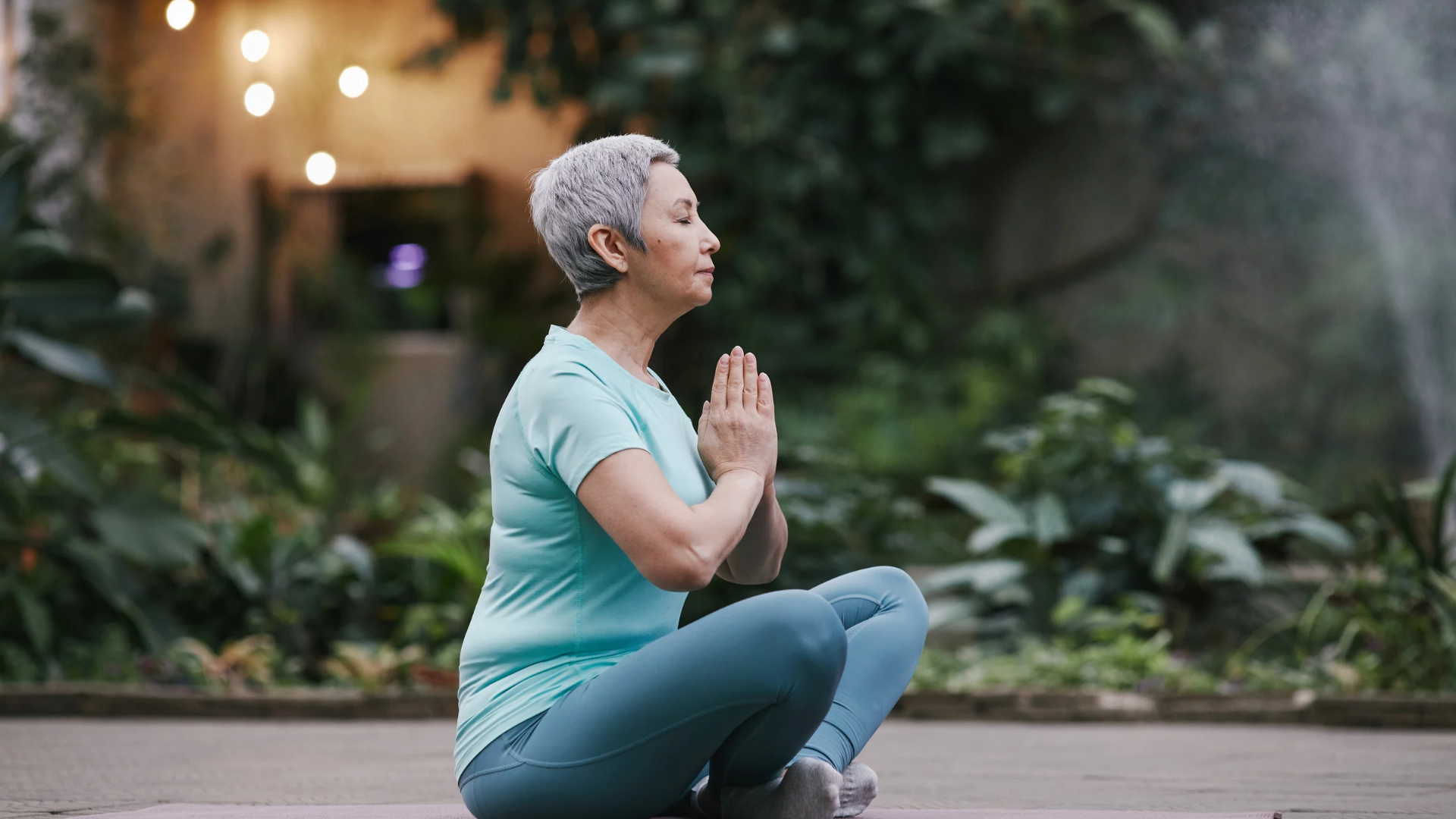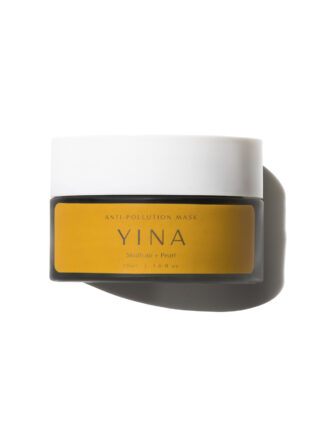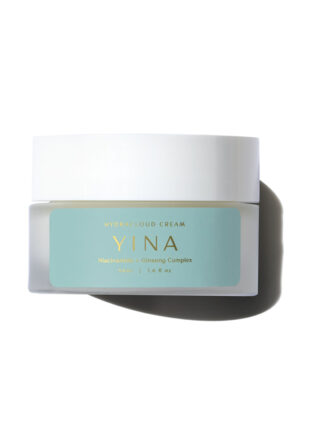
Share
In this Article
As we age, it becomes increasingly important to prioritize our health, including maintaining a strong immune system. A robust immune system helps protect our bodies from infections, diseases, and other health issues. After the age of 50, our immune system may naturally weaken, making it crucial to adopt healthy habits that can support its functioning. In this article, we will explore a range of effective and practical habits that can help strengthen the immune system in individuals over 50, ensuring a healthier and more vibrant life.
Healthy Habits for a Stronger Immune System After 50
Stay Active and Exercise Regularly
Regular physical activity plays a vital role in maintaining a strong immune system, especially as we age. Engaging in exercises such as walking, swimming, or yoga helps boost circulation, enhances immune cell function, and reduces the risk of chronic diseases. Aim for at least 30 minutes of moderate-intensity exercise most days of the week to reap the immune-boosting benefits.
Prioritize a Nutrient-Rich Diet
A well-balanced and nutritious diet is fundamental for a robust immune system. Include a variety of fruits, vegetables, whole grains, lean proteins, and healthy fats in your daily meals. These nutrient-dense foods provide essential vitamins, minerals, and antioxidants that support immune function. Don’t forget to drink plenty of water to stay hydrated, as it aids in the proper functioning of the immune system.
Manage Stress Levels
Chronic stress can have a negative impact on the immune system. High-stress levels weaken immune responses, making us more susceptible to infections and diseases. Explore stress management techniques like meditation, deep breathing exercises, or engaging in hobbies that bring joy and relaxation. Prioritizing self-care and finding healthy outlets to manage stress can significantly contribute to a stronger immune system.
Get Sufficient Sleep
Adequate sleep is crucial for overall health and a strong immune system. During sleep, our bodies repair and rejuvenate, strengthening the immune system. Aim for 7-8 hours of uninterrupted sleep each night. Establish a relaxing bedtime routine, limit electronic device usage before bed, and create a sleep-friendly environment to improve the quality and duration of your sleep.
Maintain a Healthy Weight
Maintaining a healthy weight is essential for optimal immune function. Obesity and excess weight can lead to chronic inflammation and impair immune responses. Focus on consuming a balanced diet, portion control, and incorporating regular exercise to achieve and maintain a healthy weight range. Consult a healthcare professional for personalized guidance if needed.
Stay Hygienic
Practicing good hygiene is crucial for reducing the risk of infections and illnesses. Wash your hands thoroughly with soap and water for at least 20 seconds frequently, especially before eating or touching your face. Use hand sanitizers when handwashing isn’t possible. Additionally, make sure to get vaccinated regularly as recommended by healthcare professionals to protect against infectious diseases.
Stay Socially Connected
Maintaining social connections and engaging in meaningful relationships positively impact both mental and physical health. Loneliness and social isolation can weaken the immune system and increase the risk of certain diseases. Stay connected with loved ones, join community groups, or consider volunteering to foster social connections and support overall well-being.
Quit Smoking and Limit Alcohol Consumption
Smoking weakens the immune system and increases the risk of respiratory infections and chronic diseases. Quitting smoking is one of the best steps you can take to improve your immune system’s strength. Similarly, excessive alcohol consumption can impair immune function. Limit your alcohol intake and seek professional help if you struggle with alcohol dependence.
Stay Up to Date with Immunizations
Immunizations are essential at any age, but they become even more critical as we get older. Ensure you are up to date with vaccinations recommended for adults over 50, such as influenza, pneumonia, shingles, and others. Vaccinations can significantly reduce the risk of contracting preventable diseases and help keep your immune system strong.
Include Immune-Boosting Supplements
Supplements can complement a healthy diet and help strengthen the immune system. Consult with a healthcare professional to determine which supplements may be suitable for you. Vitamin C, vitamin D, zinc, and probiotics are examples of supplements that have been shown to support immune health. However, it’s important to note that supplements should not replace a balanced diet.
Practice Proper Hand and Respiratory Hygiene
In addition to regular handwashing, practicing proper hand and respiratory hygiene can further protect your immune system. Cover your mouth and nose with a tissue or your elbow when coughing or sneezing to prevent the spread of germs. Dispose of used tissues immediately and wash your hands afterward. These simple practices can help minimize the risk of infections.
Engage in Mindful Eating Habits
Incorporating mindful eating habits can have a positive impact on your overall health and immune system. Slow down while eating, savor each bite, and pay attention to your body’s hunger and fullness cues. Avoid distractions such as television or electronic devices during mealtime to promote better digestion and absorption of nutrients.
Maintain a Positive Outlook
A positive mindset can contribute to a healthier immune system. Cultivate gratitude, practice optimism, and engage in activities that bring you joy and fulfillment. Positive emotions have been linked to enhanced immune function and overall well-being. Surround yourself with positive influences and strive to find the silver lining in challenging situations.
Stay Active Mentally
Keeping your mind sharp and engaged is important for overall health, including your immune system. Engage in activities that stimulate your brain, such as reading, puzzles, learning a new skill, or playing strategy games. Stay socially and intellectually active to promote cognitive function and support your immune system.
Protect Your Skin from Sun Damage
Excessive sun exposure can weaken the immune system and increase the risk of skin cancer. Protect your skin by applying sunscreen with a high SPF, wearing protective clothing, and seeking shade during peak sun hours. Protecting your skin from harmful UV rays supports the immune system’s ability to defend against damage.
Practice Good Oral Hygiene
Oral health is closely linked to overall health, including immune function. Poor oral hygiene can lead to gum disease, which may contribute to systemic inflammation and compromise the immune system. Brush your teeth at least twice a day, floss daily, and visit your dentist regularly for check-ups and cleanings.
Engage in Regular Health Check-ups
Regular health check-ups are crucial for detecting and addressing potential health issues early on. Consult with your healthcare provider to schedule routine screenings, such as blood pressure checks, cholesterol levels, and cancer screenings. By staying proactive and addressing any health concerns promptly, you can support your immune system and overall well-being.
Stay Hydrated
Proper hydration is vital for optimal immune function. Water helps flush out toxins, supports digestion, and ensures the efficient transport of nutrients throughout the body. Aim to drink at least 8 glasses of water per day, and adjust your intake based on your activity level and climate.
Engage in Stress-Reducing Activities
Chronic stress can have detrimental effects on the immune system. Engage in activities that help you relax and reduce stress levels. These can include practicing yoga or meditation, taking leisurely walks in nature, listening to calming music, or engaging in hobbies that bring you joy. Find what works best for you and make it a regular part of your routine.
Stay Positive and Laugh Often
A positive outlook and laughter can do wonders for your immune system. Surround yourself with positive and supportive people, indulge in activities that make you laugh, and seek out humor in everyday situations. Laughter not only boosts mood but also enhances immune function by increasing the production of antibodies and activating immune cells.
FAQ
Absolutely! Adopting healthy habits such as regular exercise, a nutritious diet, stress management, and proper hygiene can significantly strengthen the immune system, regardless of age. It’s never too late to prioritize your health and well-being.
Start with simple activities like walking or swimming and gradually increase intensity and duration. Consider joining fitness classes specifically designed for older adults or hiring a personal trainer who specializes in senior fitness. Remember to listen to your body and choose activities that you enjoy.
Yes, certain foods can provide essential nutrients to support immune function. Incorporate fruits and vegetables rich in vitamins A, C, and E, as well as zinc, selenium, and omega-3 fatty acids. Examples include citrus fruits, berries, leafy greens, nuts, seeds, and lean proteins like fish or poultry.
While a well-balanced diet should provide most of the necessary nutrients, supplements can be beneficial if you have specific deficiencies or conditions. Consult with a healthcare professional to determine if you would benefit from any supplements and ensure they won’t interfere with any medications you may be taking.
Chronic stress can suppress immune responses, making you more susceptible to infections and diseases. It’s essential to manage stress through techniques like meditation, deep breathing exercises, or engaging in activities that bring you joy and relaxation.
Vaccines play a crucial role in strengthening the immune system by introducing a harmless part of the pathogen or a weakened form of the disease. This stimulates the immune system to produce a response and build immunity against future infections. Keeping up with recommended vaccinations can help protect you from various diseases.
Conclusion
Taking care of your immune system becomes increasingly important as you age. By adopting healthy habits such as regular exercise, a balanced diet, stress management, and good hygiene practices, you can strengthen your immune system after 50 and enjoy a healthier, more vibrant life. Remember to stay proactive, seek medical advice when needed, and make your well-being a top priority.
Carine Camara is a healer, acupuncturist, personal stylist and host of You Still Got it, Baby podcast.
As a lifestyle expert and founder of CARRINNA, I have dedicated my career to helping women over 40 celebrate aging through Style, Beauty and Wellness. Through my years of experience I have helped countless women experience more love, confidence, wellness, and radiant unapologetic joy.

Holistic Menopause Relief Through Acupuncture: My Feature in Diablo Magazine
I was recently featured in Diablo Magazine, where I shared my holistic approach to managing menopause symptoms through acupuncture. In the article, I explain how acupuncture can help balance the body and alleviate various menopause-related issues. For more details on my methods and tips for a healthy lifestyle during menopause.


10 Natural Ways to Reduce Perimenopause Bloating
Perimenopause bloating can be a frustrating and uncomfortable experience for many women. While it’s a common symptom during this transition, there are natural ways to find relief. From simple dietary adjustments to gentle exercises and stress-reducing techniques, this article explores 10 effective strategies to help you reduce perimenopause bloating and regain your confidence.
instagram:







